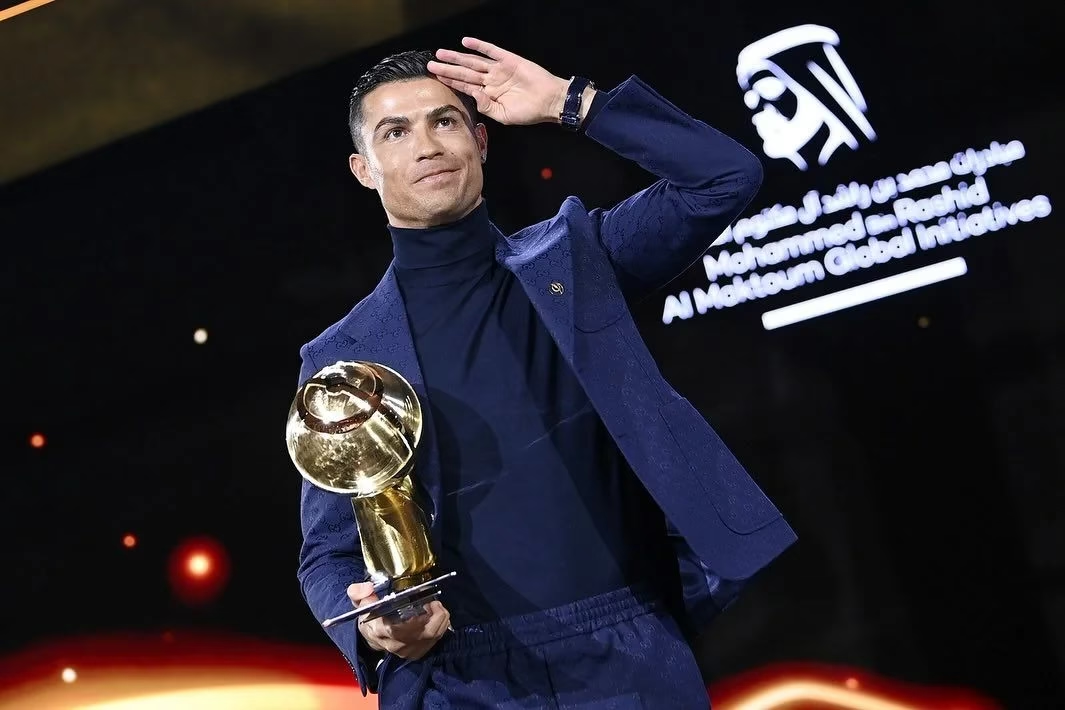
Ukraine War: Russia Adopts Wait-and-See Stance After Trump’s Bombshell Peace Claims
Moscow remains cautious in its response to the former U.S. president’s sweeping promises, while Kyiv fears a potential strategic shift in Washington.
Trump and the Promise of Instant Peace
For months, Donald Trump has repeatedly claimed he could end the war in Ukraine “within 24 hours” if re-elected president. This populist rhetoric, lacking a detailed plan, is based on the belief that he could pressure both Kyiv and Moscow into negotiations solely through his diplomatic clout.
Trump, who has long criticized the massive military aid provided to Ukraine, presents himself as a peacemaker. Yet his statements suggest he may pressure Ukraine into making territorial concessions, a prospect that alarms many in Kyiv.
Moscow’s Cautious Posture: Strategic Calculation or Genuine Openness?
The Kremlin’s reaction has been muted. Spokesperson Dmitry Peskov welcomed “any initiative in favor of peace,” while insisting that Trump’s position “should be studied carefully.” In reality, Russia prefers to stay vague — a premature or overly enthusiastic response could backfire, especially if Trump fails to return to the White House.
Behind the scenes, however, Moscow likely sees a medium-term opportunity in Trump’s narrative. Russia has long bet on a gradual erosion of Western unity, driven by voter fatigue and upcoming elections in the U.S. and Europe. A Trump victory could usher in a radical shift in U.S. policy, potentially less favorable to Ukraine.
For Kyiv, a “Trump Peace” Could Be a Diplomatic Trap
From Ukraine’s perspective, Trump’s pledges are deeply concerning. A peace deal brokered by Washington under his leadership could amount to a de facto freeze of the conflict along current frontlines — effectively cementing Russian territorial gains in Donbas or even Crimea.
Such a scenario is unacceptable to President Zelensky, who continues to demand a full Russian withdrawal as a precondition for any negotiations.
There is also growing anxiety in Kyiv about the potential weakening of Western support, especially if Trump adopts a more isolationist foreign policy. This would dramatically weaken Ukraine’s position on the battlefield and in future diplomatic talks.
Analysis: Electoral Poker and Global Realignment
Trump’s declarations serve both electoral and ideological purposes — aimed at appealing to the Republican base and war-weary voters. But they also raise deeper questions about the future role of the United States in global security.
Trump has long challenged traditional alliances and favors a transactional approach to international relations. For Russia, this worldview is strategically advantageous. The Kremlin could continue to exert military pressure on the frontlines while waiting for a more favorable administration in Washington.
In short, Trump’s rhetoric reinforces the idea that Moscow can prevail not through military superiority, but through strategic patience and the political fatigue of its adversaries.
Final Word: The War Is Now Also Playing Out at the Ballot Box
Trump’s implicit ultimatum was received in Moscow with measured satisfaction. For Russia, this is not yet a true peace opportunity, but rather a tactical element in a broader long-term strategy.
Until the U.S. elections in November 2025, the Kremlin may choose to modulate its military intensity, while exploiting divisions in the West.
For Ukraine, the message is clear: the battle is no longer confined to the battlefield — it is also being fought at the ballot box in America.













Post Comment